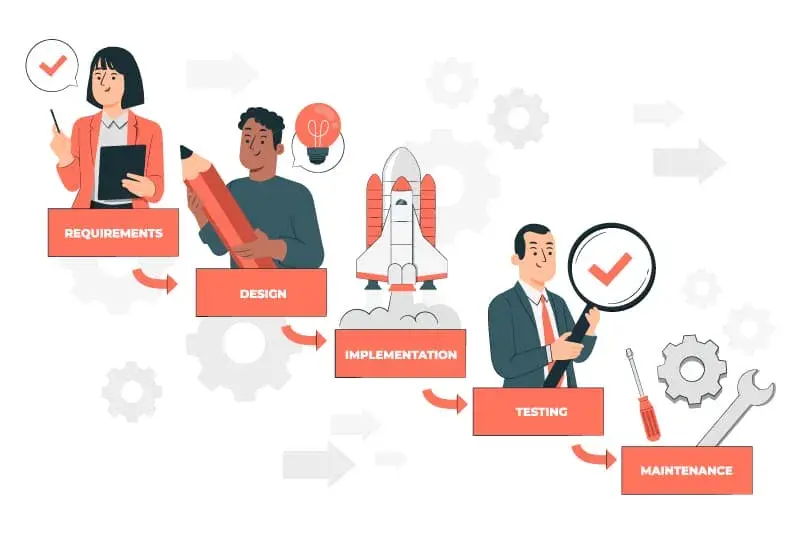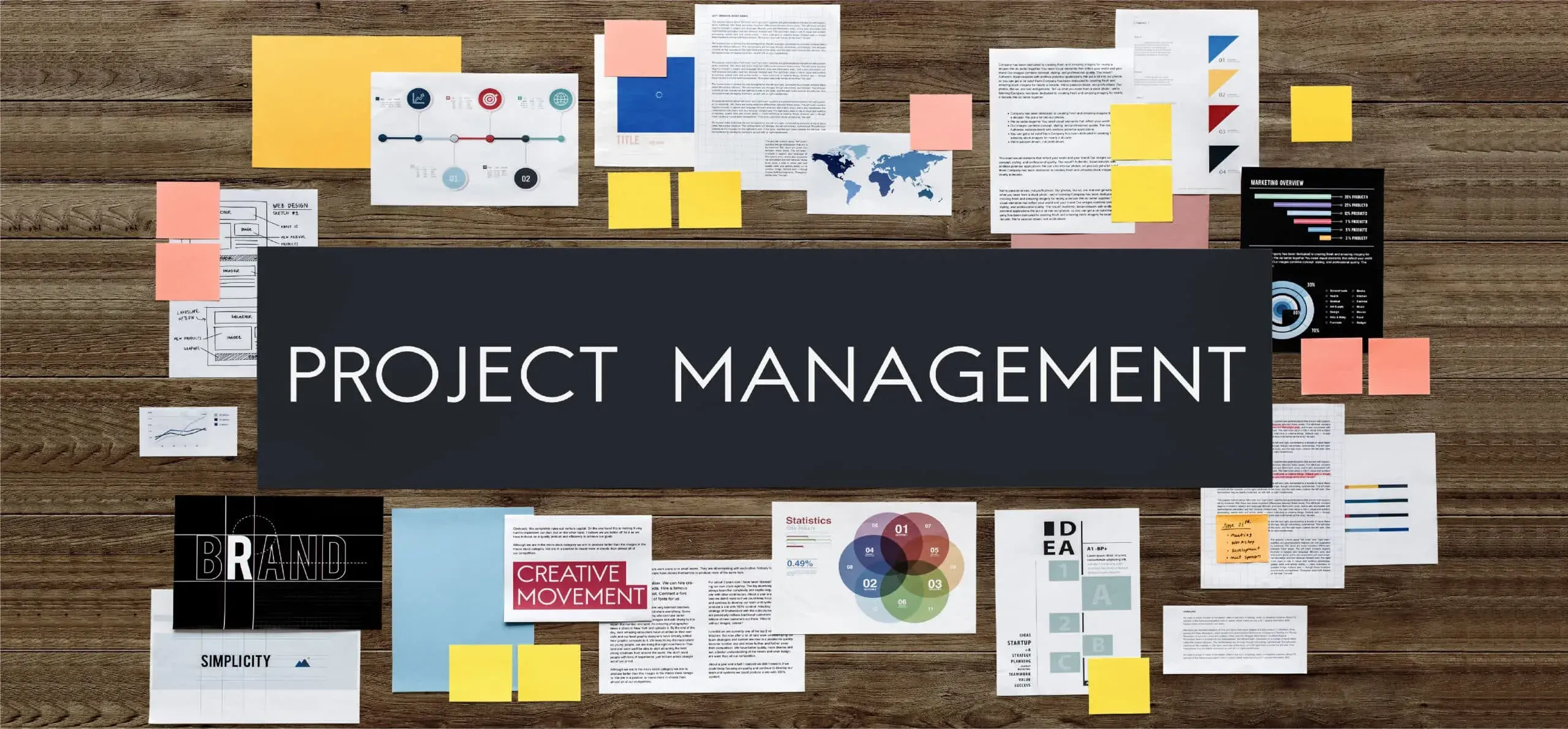Every project manager knows how important it is to choose the best technique for the work. While there are many project management approaches, we’ve selected the most effective ones and the situations in which they excel.
What is Project Management?
Project management uses particular knowledge, skills, tools, and processes to produce something of value for people. Project management approaches support team collaboration by assisting project managers in leading team members and overseeing work.
There are various different project management approaches. To choose the one that works best for you, you’ll need to understand project management methods because some of them perform better in specific industries or projects.
Basically, it’s a structure that aids you in effectively managing your project.
We’ll go through some of the most effective project management techniques used in various industries, including software development, research and development, and product development.
Why Should You Use Project Management?
According to PMI research, companies that use any project management technique do better in terms of sticking to a budget, keeping to a schedule, and fulfilling the intended goals in terms of scope, quality, and advantages.
These are the top reasons to adopt project management.
-
Better Planning
Effective project planning from the beginning creates the groundwork for a successful project. A project plan phase is part of project management, allowing you to specify the project’s goals, objectives, scope, and timeframes.
It prevents excessive paperwork and keeps your team moving forward.Project management benefits you in the long run, despite the temptation to just get started. A strong project plan will help you identify risks early on and get all project stakeholders on the same page. It will guarantee that you are in accord with the client’s needs.
-
Risk Management
The success of a project depends on effective risk management. What helps prevent risks from becoming problems is having a solid process around the identification, management, and mitigation of risk. Project managers must thoroughly assess all potential threats to the project. Project Managers should quantify risks, devise mitigation plans, and create backup plans if they materialise.
Naturally, risks should be ranked in order of likelihood of occurrence, and suitable actions should be assigned to each risk. Most importantly, risk management enables the project to proceed without danger and within schedule.
-
Clear Objectives and Focus
Project management is crucial since it ensures that a comprehensive plan is in place to carry out strategic objectives.
By assigning tasks to teams, project managers can avoid this predicament and promote the timely completion of work. Teams can focus on specific goals by breaking up their work into smaller chunks and directing their efforts toward completing smaller milestones that will eventually lead to the project’s final goal.
-
Quality Control
Quality control is an essential aspect of project management. Even if your project meets all deadline and financial requirements, it will still be considered unsuccessful if the quality requirements aren’t reached.
The pressure to complete a project on schedule and within budget is great for teams. But this could result in fast work and poor execution.
Project managers can help with it. They oversee the accomplishment of project tasks and the management of deadlines and goals. Project managers assist in outlining deliverables and defining quality standards so that everyone is clear on the goals they must achieve.
-
Process Management
Project management aims to enable the appropriate people to do the right tasks at the right time in a proactive manner. Many teams tend to work reactively — handling problems as they arise — in the absence of a defined project management methodology, as opposed to anticipatorily planning for known risks and establishing project goals and parameters from the start.
Popular and Effective Project Management Methods.
Our goal is to give you an overview of the various methods available. This will allow you to examine what’s available and determine which methodology could suit your specific projects.

https://www.freepik.com/free-vector/_28570560.htm
-
Waterfall Method
The Waterfall method is a traditional methodology. Each step of the project must be finished before the next one can start, and tasks and phases are accomplished in a linear, sequential way.
Like a natural waterfall, progress is linear.
This can get dangerous very rapidly. Once a level is finished, there is no turning back.
-
Agile Method
The agile project management technique arose due to rising discontent with traditional project management approaches’ sequential approach.
Agile project management approaches often entail brief work stages with frequent testing, evaluation, and adaption throughout.
-
Scrum Method
Scrum divides work into short cycles known as “sprints,” which often span 1-2 weeks. Each sprint iteration draws work from the backlog. Small teams are supervised by a Scrum Master for the sprint duration, after which they evaluate their progress in a “sprint retrospective” and make any required adjustments before moving on to the following sprint.
-
eXtreme Programming Method (XP)
This is an additional type of agile project management created for the software industry.
It strongly emphasises teamwork and collaboration between management, clients, and developers, with teams taking care of themselves. Teams should adhere to a clear set of guidelines based on its five core values: simplicity, communication, feedback, respect, and courage.
-
Critical Path Method
The critical path technique allows you to list all of the crucial jobs that make up your project and their dependencies and schedule them all.
The critical route will determine your project’s timescale, which is the longest series of crucial tasks.
There will be checkpoints along the way that you must reach to know when one set of duties (or phase) is finished, and you can move on to the next.
So, Do You have any Project Management Strategies in Mind?
The practice of project management has fundamentally changed during the past years. Various cloud-based project management technologies have freed project teams from restrictive departmental norms and geographical restrictions. All data is centralised via project management systems, which also make it simple for users to assign tasks, monitor project progress, and provide comments.
Any modern company requires the correct equipment to stay one step ahead of the competition. Consider working with Sanmark now if you’re seeking a straightforward, understandable project management strategy.
Feature image source: https://www.freepik.com/free-photo/_17112303.htm
[sg_popup id=10766]
